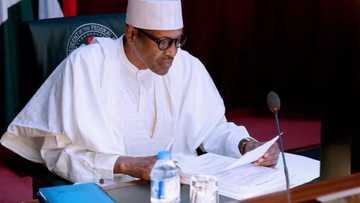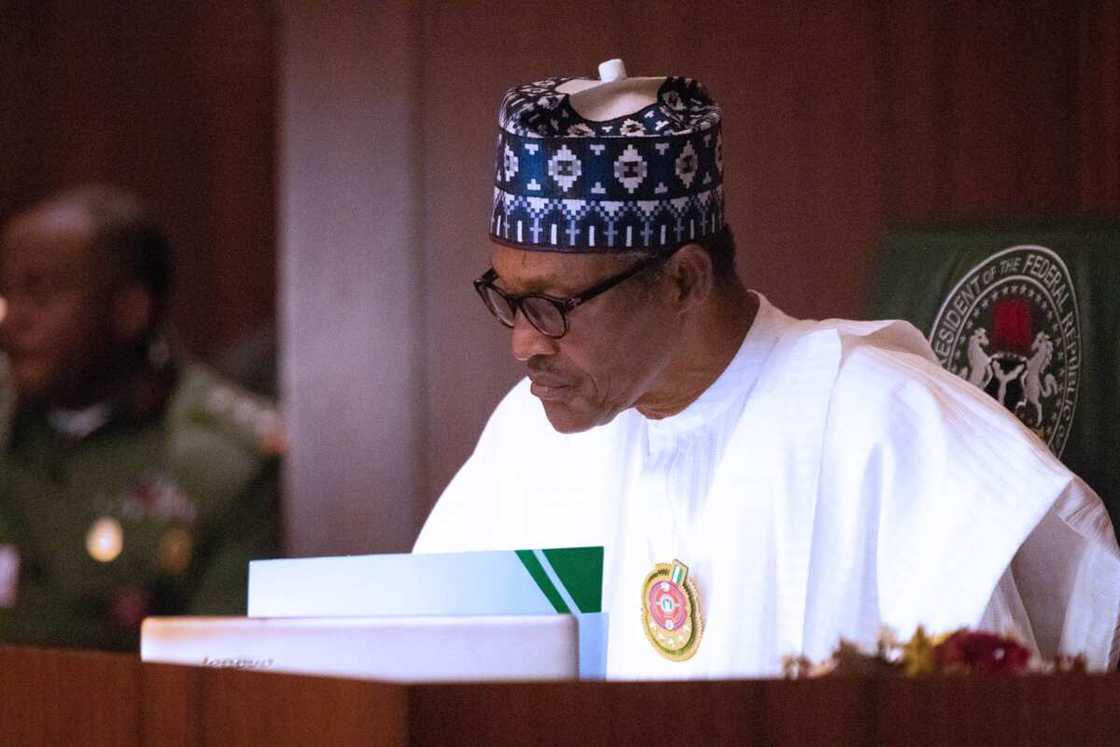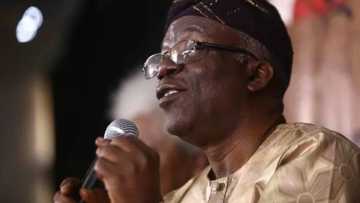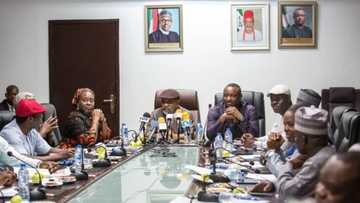National Assembly leadership halts planned hike in electricity tariffs
- The leadership of the National Assembly has waded into the controversy on the planned hike in electricity tariffs
- The plan has now been postponed until the first quarter of 2021
- National Assembly leaders were emphatic at the meeting that the timing of the planned hike was wrong
PAY ATTENTION: Click “See First” under the “Following” tab to see Legit.ng News on your Facebook News Feed
Federal government's planned hike in electricity tariffs from Wednesday, July 1 has been postponed.
The decision was arrived at after the leadership of the National Assembly on Monday, June 29 convinced the Distribution Companies (DISCOs) to defer the plan until the first quarter of 2021.
A statement on Monday, June 29 by Ola Awoniyi, media aide to Senate President Ahmad Lawan, revealed that his principal, alongside the Speaker of House of Representatives, Femi Gbajabiamila, met with the DISCOs to resolve the issue.

Read also
Kaduna, Gombe and others named among 32 states that may find it difficult to pay salaries after Covid-19

Source: Twitter
PAY ATTENTION: Get the Latest Nigerian News Anywhere 24/7. Spend less on the Internet!
The statement noted that the National Assembly leaders were emphatic at the meeting that the timing of the planned hike was wrong.
It added that in the course of the meeting, the DISCOs admitted that they were not well prepared for the planned hike in tariffs even though they so much desired the increase.
The meeting agreed to defer the planned hike till the first quarter of 2021 while the leadership of the National Assembly promised to meet with President Muhammadu Buhari on the issue.
“The potential increase in the tariffs is definitely something that will be of concern to us in the National Assembly.
“There is too much stress in the lives of Nigerians today and indeed across the world because of the challenges imposed by COVID-19 pandemic and even before then, we had issues that would always make it tough for our people to effectively pay the tariffs,” Lawan said at the meeting.
On his part, Gbajabiamila said: “There is time for everything. A well-intended programme or policy of government can fall flat on the face and never recover if you do it at a wrong time. I think we all agree to that.
“There cannot be a time as bad as this for us to increase anything. Forget about electricity, anything. Whereas, even in time of decreasing revenue, we are even reducing the pump price. I don’t know how we can justify an increase in the cost of electricity at this time in Nigeria.”
The proposed increase had sparked outrage in the country as citizens are still recovering from the economic effects of COVID-19.
Ibrahim Salawu wrote on social media: Nigeria is about to increase electricity bills. If Nigeria doesn’t kill you, nothing will; that’s why we’re still hustling for US visa.
Wale Adetona wrote: If I had the opportunity of fixing anything in Nigeria, power (electricity) and the Health sector would be my top priority. A healthy nation is a wealthy nation. And a nation with constant power would automatically mean other sectors remain productive.
Experts say electricity deregulation is still evolving in Nigeria, stressing that the longer it takes, the more costly it is financially for Nigerians.
Economists say for every 1 per cent increase in electricity, an economy is expected to grow by 3.94 per cent.
At this rate, Nigeria loses about $25billion yearly to an irregular electricity supply across the country, stifling economic growth and prosperity.
Engineer Sale Mamman, Nigeria's minister of power, recently stated that the new increment on electricity tariff will take off in July.
Mamman disclosed this on Tuesday, June 16 when he appeared before the Senate committee on power.
He said the government is going ahead with the plan because the impact of the COVID-19 pandemic had also affected its plans for the repositioning of the electricity market toward financial sustainability.
5 years after, Nigerians speak about Buhari's administration | Legit TV
Source: Legit.ng



